Gut-Brain Axis
The gut-brain axis plays an important role in influencing mood, mental health, and overall health. An important factor influencing this link is diet, because the foods we eat affect our gut microbiome and therefore our brain function. The human microbiota has an important role in host physiology and pathology. Changes in the gut microbiome, also known as dysbiosis, have been associated not only with gut bacteria but also with other disease-related bacteria. Recently, gut bacteria have been shown to affect the body and the central nervous system (CNS). The nervous system and gastrointestinal tract communicate via a bidirectional communication pathway called the gut-brain axis, which has many connections, including the vagus nerve, nervous system, and disease metabolites and products. During dysbiosis, these pathways are dysregulated and associated with altered blood-brain barrier (BBB) permeability and neuroinflammation.
Food Choices Affect Your Mood and Mental Health
The connection between eating and thinking results from the interaction between the brain and the digestive system, sometimes known as the “second brain.” Millions of bacteria live in your digestive tract, preventing the chemicals that send continuous messages from your gut to your brain from being produced. Although we may have forgotten about that in the past, it makes sense that the food we eat impacts both our body and brain. Eating a nutritious meal full of nutrients that support good health is one of the best things you can do as part of a healthy diet.
Foods that can affect your mental health negatively
- Alcohol – Drinking too much alcohol can lead to addiction, liver disease, and many other serious illnesses. Alcohol has also been shown to alter the gut microbiota and disrupt the balance of the microbiome. Although alcohol is a sedative and makes you feel good, drinking alcohol changes your brain
chemicals, making you anxious and depressed. Consider limiting your alcohol intake or avoiding alcohol altogether by drinking “mocktails” or soft drinks when you go out.
- Processed Foods – Food containing ingredients such as food, colors, flavors, and ingredients can alter the mucus barrier and its associated bacteria. In addition to being high in sugar and trans fat, low in nutritional value, and different, processed foods can cause many serious diseases. It is recommended that you check the list of foods you take, cut out unhealthy foods (and/or replace them with healthy alternatives), and consume fresh fruits and vegetables.
- Sugar and Sweets – Added sugar can cause stress and anxiety when sugar is present. Artificial sweeteners such as aspartame can cause anxiety. Added sugar and sweeteners are found in processed foods, and many condiments can be found in foods you consider healthy, such as bread and yogurt. Added sugar and artificial sweeteners are also found in soft drinks, sodas, and juices. Replace them with sweeteners like honey, stevia or coconut sugar.
Whenever you consult a Dietitian or a Health Specialist for your gut diet plan or gut diet meal plan always consider these points in which we have mentioned that there are some foods that can affect your mental health. The link between food and mental health is important because foods can affect our gut microbiome and our brain function.
Author Bio
Ruhi Rajput is a well experienced Dietician and Nutritionist at naturecurebyruhi, with over 15 years of expertise in aiding PCOS patients through specialized diet plans. Based in india(Delhi NCR ), Ruhi is renowned for her focus on PCOD diet and weight loss strategies. Certified in Human Nutrition, she holds fellowships in Clinical Nutrition and is also an expert in Ayurvedic Dietetics & Nutrition.

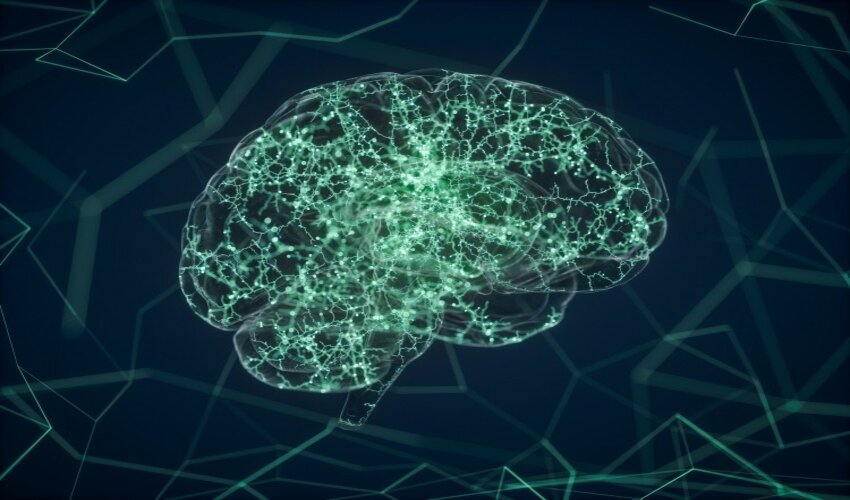

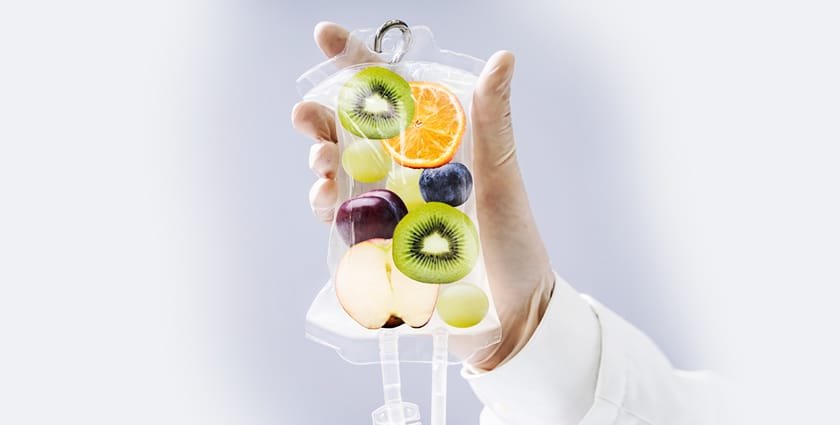
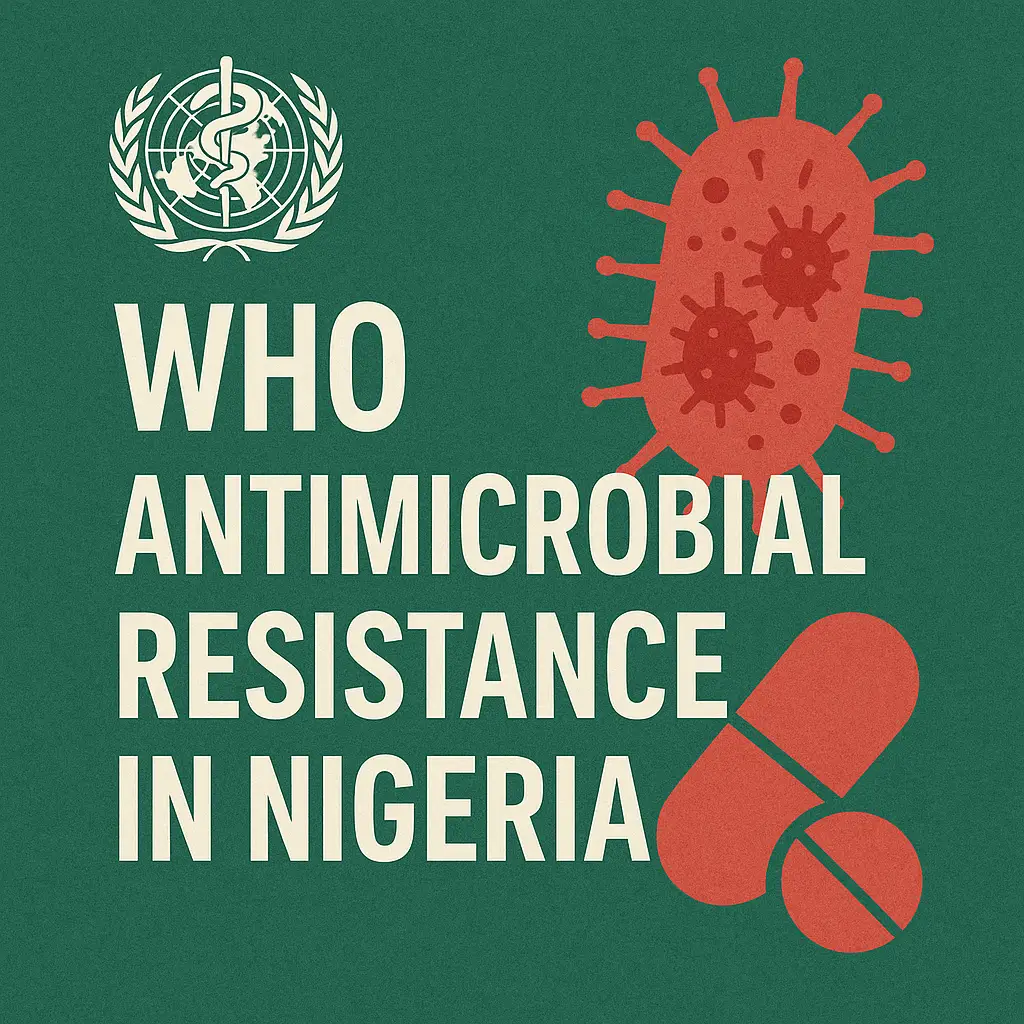



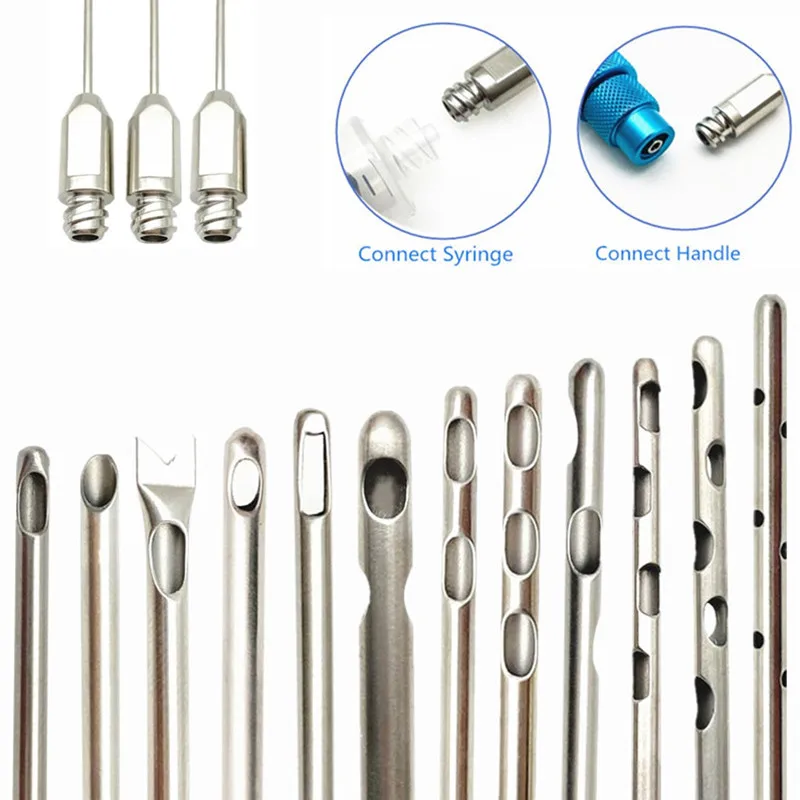

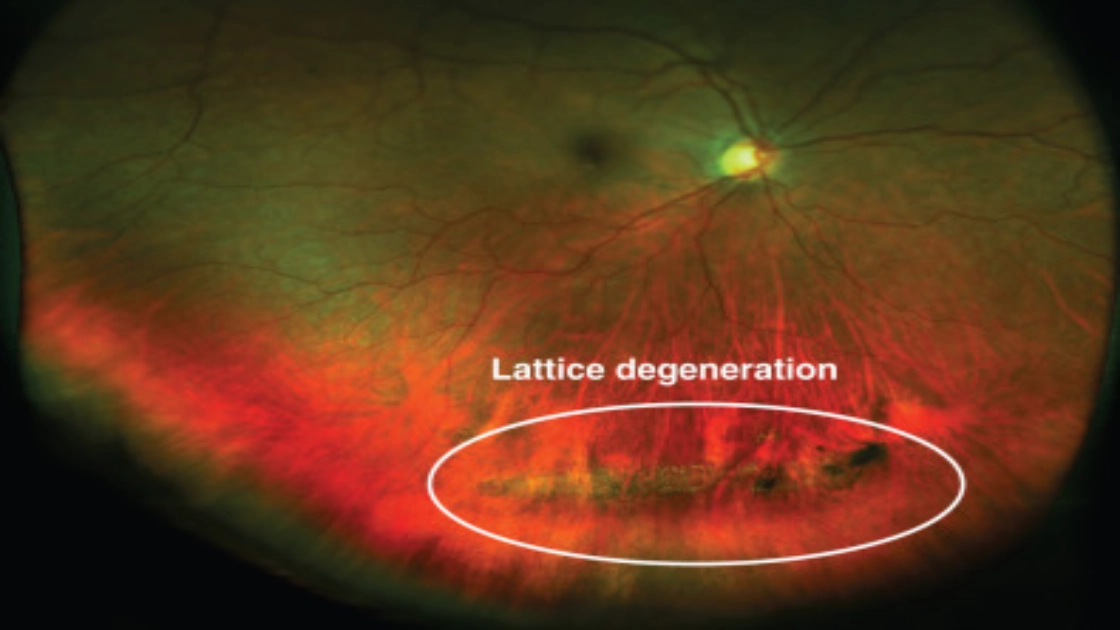
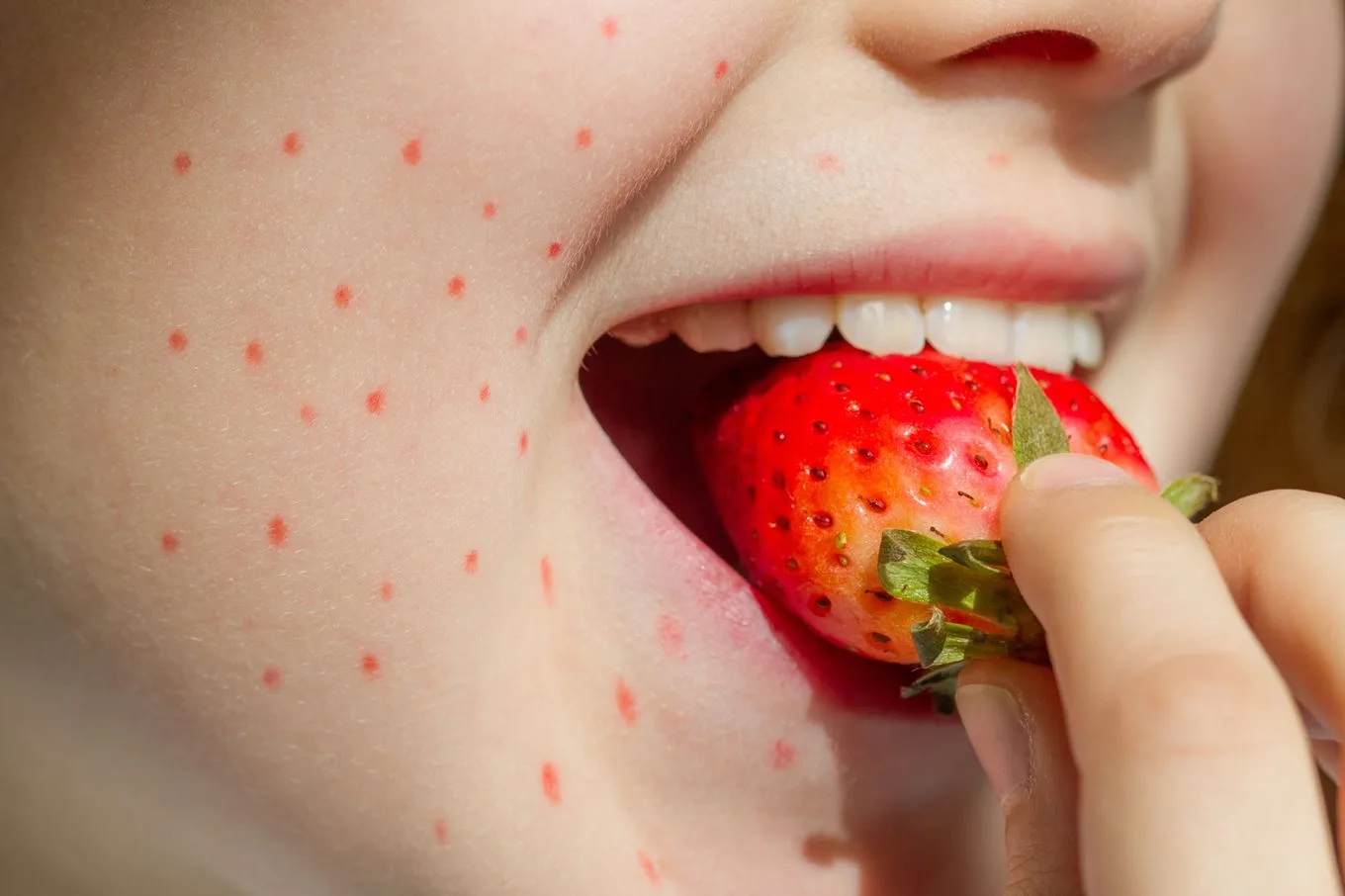



Leave a Reply